What is Engine Assembly?
An engine assembly is a complex and critical component of any motorized vehicle or machinery. It is the heart of the machine, providing the necessary power to propel automobiles, aircraft, boats, and various industrial equipment. The assembly comprises a multitude of interconnected parts including the block, crankshaft, pistons, rods, camshaft, valves, timing gears, and other elements that work in unison to convert fuel into mechanical energy.
This vital piece of machinery is designed for a wide range of users and industries. From automotive manufacturers who require reliable engines for their vehicles to construction companies in need of powerful machinery for heavy lifting and digging. Engine assemblies also serve the agricultural sector by powering farm equipment, as well as various manufacturing plants where they are often integrated into the production line machinery.
The principles of how an engine assembly works are grounded in thermodynamics and mechanics. Internal combustion engines operate on the premise that fuel, typically gasoline or diesel, is ignited within a confined space (cylinders) causing an explosion. This explosion exerts force on the pistons, moving them up and down within the cylinder block. The pistons are connected to the crankshaft via rods, and as they move, they rotate the crankshaft which ultimately delivers power to the vehicle's wheels or machinery's operational components.
The effectiveness and efficiency of an engine assembly depend on precise engineering and manufacturing processes. Each part must be designed to withstand extreme temperatures and pressures while maintaining tight tolerances to ensure smooth operation. The quality of these components and their assembly greatly influences the longevity and performance of the engine.
Types of Engine Assembly
Engine assemblies are categorized based on various parameters such as configuration, fuel used, application, and cooling method. Here are some common types:
Inline Engines: Characterized by cylinders arranged in a straight line along the crankshaft. Commonly found in smaller vehicles due to their compact design and efficient operation.
V-Type Engines: With cylinders arranged in two banks forming a 'V' shape around the crankshaft. These engines are known for their power output and are often used in performance vehicles and heavy machinery.
Flat Engines: Also known as boxer or horizontally-opposed engines, where cylinders lie flat on either side of the crankshaft. This configuration leads to a lower center of gravity and can be found in specialized automotive applications.
Diesel Engines: Designed to operate using diesel fuel which ignites through compression rather than a spark. Diesel engines are known for their durability and efficiency in heavy-duty applications such as trucks and buses.
Gasoline Engines: The most common type used in passenger vehicles. Gasoline engines utilize a spark ignition system and are preferred for their high-revving characteristics which lead to better acceleration.
Each type of engine assembly has its own set of use cases based on factors such as required power output, efficiency demands, vehicle design constraints, and cost considerations.
How to Choose Engine Assembly
Choosing the right engine assembly for your business involves assessing several factors that align with your specific needs, particularly if you're sourcing for commercial use or resale purposes. The following considerations should guide you:
Application Needs: Determine what the engine will be powering and what demands it must meet in terms of torque, horsepower, and durability. For example, construction equipment requires engines that offer high torque at low speeds for heavy lifting.
Fuel Efficiency: Consider fuel consumption rates relative to output efficiency. In some industries like transportation or logistics where fuel costs can be significant over time, more efficient engines can lead to cost savings.
Emission Standards Compliance: Be aware of local emission regulations which may dictate the type of engine you can use. Some areas have stringent standards requiring advanced technology like Euro 4 or Euro 5 compliant engines.
Cooling System: Choose between air-cooled or water-cooled engines based on operating conditions. Air-cooled engines are simpler and require less maintenance but may not be suitable for high-demand operations where water-cooled systems offer better temperature management.
Best Engine Assembly on Alibaba.com
Alibaba.com stands out as an exemplary marketplace when it comes to finding an extensive range of engine assemblies suitable for a myriad of applications across various industries. With its global reach extending to over 190 countries and territories coupled with an impressive roster of suppliers listing more than 200 million products across nearly 5,900 categories, businesses worldwide have access to a comprehensive selection that can cater to any requirement without geographical boundaries.
What sets Alibaba.com apart is its commitment to simplifying international trade with features that enhance user experience – from mobile-friendly purchasing options to multilingual communication support. Furthermore, services such as Trade Assurance provide buyers with payment protection until their orders are successfully delivered, establishing trust and reliability in transactions. Whether you're a small retailer or a large manufacturing plant needing custom solutions or bulk purchases for resale purposes, Alibaba.com has positioned itself as a powerhouse in B2B online trade solutions that empower businesses at any scale.
Alibaba.com's dedication towards verifying supplier credibility ensures that businesses engage with trusted entities while searching for engine assemblies—be it diesel-powered units for heavy-duty machinery or high-performance gasoline engines for automotive applications. Moreover, by leveraging Alibaba Group's innovative ecosystem since its inception in 1999, Alibaba.com has evolved into much more than just a wholesale platform; it's a partner invested in fostering growth and success for businesses around the globe.
Common FAQs for Engine Assembly
What is the average lifespan of an engine assembly?
The lifespan of an engine assembly can vary greatly depending on usage, maintenance, and the type of engine. Typically, a well-maintained engine can last anywhere from 150,000 to 300,000 miles.
How do I know which engine assembly is right for my business needs?
To determine the right engine assembly for your business, consider the specific requirements of your application, including power output, fuel efficiency, compliance with emission standards, and the cooling system needed for your operational environment.
Are there engine assemblies available for both automotive and industrial applications?
Yes, there are engine assemblies designed for a wide range of applications including automotive, industrial, agricultural machinery, construction equipment, and more.
Can I find engine assemblies that comply with emission standards on Alibaba.com?
Yes, you can filter your search on Alibaba.com to find engine assemblies that meet specific emission standards such as Euro 2, Euro 3, and Euro 4.
What are the key components of an engine assembly?
Key components of an engine assembly include the cylinder block, crankshaft, pistons, rods, camshaft, valves, timing gears, and various other parts that work together to produce power.
What types of fuel can engine assemblies operate on?
Engine assemblies can operate on various types of fuel including gasoline, diesel, biofuels, and sometimes alternative fuels such as natural gas or propane.
What's the difference between air-cooled and water-cooled engines?
Air-cooled engines dissipate heat through airflow and are simpler in design with fewer parts. Water-cooled engines use a liquid coolant to manage temperature more effectively but are more complex and require regular maintenance.
How important is engine horsepower in selecting an engine assembly?
Engine horsepower is crucial as it determines the amount of work the engine can perform. It's especially important in applications requiring high power output such as in transportation or heavy machinery industries.
What should I consider when it comes to engine torque?
Consider the torque requirements based on your operational needs. High torque at low speeds is essential for heavy-duty applications like construction equipment or trucks.
Is it possible to get a customized engine assembly on Alibaba.com?
While Alibaba.com connects buyers with suppliers who may offer customization options for their products, you should directly discuss customization requirements with suppliers through the platform.
Are there any advantages to sourcing a complete engine assembly versus individual components?
Sourcing a complete engine assembly ensures compatibility among components and can save time and effort compared to sourcing individual parts separately. It also often comes with a manufacturer's warranty.
Can I find both new and used engine assemblies on Alibaba.com?
Alibaba.com lists both new and used engine assemblies from various suppliers globally. You can choose based on your business requirements and budget considerations.
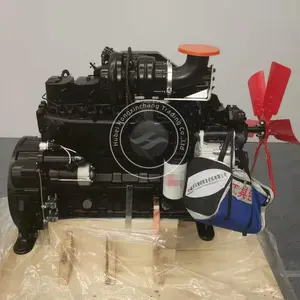
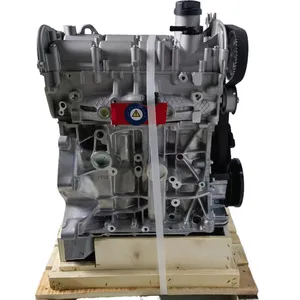






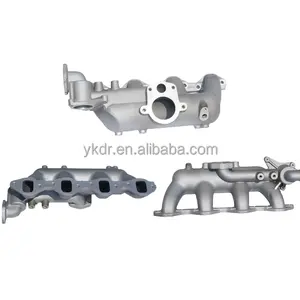



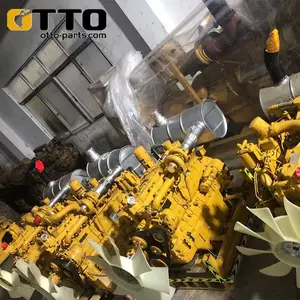

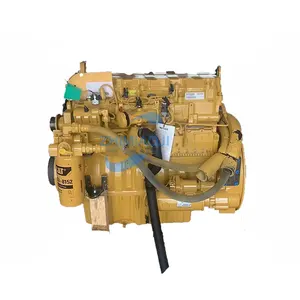

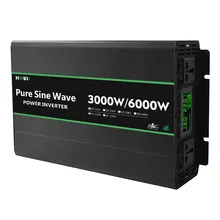
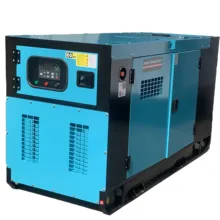

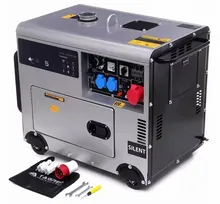

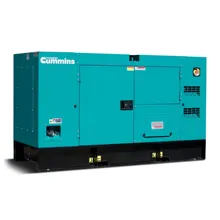






















 浙公网安备 33010002000092号
浙公网安备 33010002000092号 浙B2-20120091-4
浙B2-20120091-4